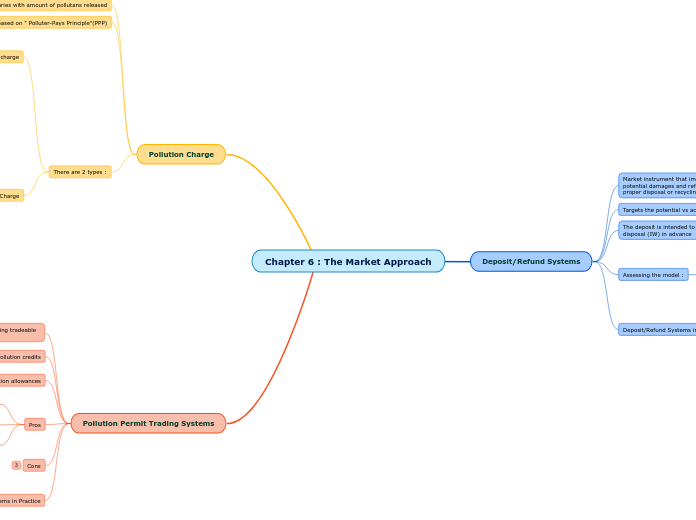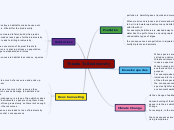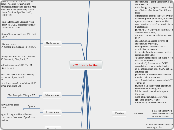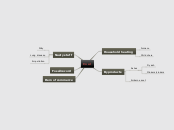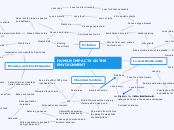Chapter 6 : The Market Approach
Pollution Permit Trading Systems
Pollution Trading Systems in Practice
US has an allowance-based trading program to control sulfur dioxide emissions
Trading of greenhouse gas allowances are part of Kyoto Protocol
The systems will create pollution hot spots in the area where trading takes place
Potential for high administrative cost to keep records of trade and emissions
No tax revenues are generated
Trading system is flexible
Trading establishes the price of a right to pollute without government trying to search for a price
It is cost effective as MACs become equal for all firms
Pollution allowances
These are tradeable permits that indicated the maximum level of pollution that may be released
Pollution credits
These are tradeable permits issued for emitting below an established abatement standard
Establishes a market for rights to pollute by issuing tradeable pollution credits or allowances
Pollution Charge
There are 2 types :
Emission/Effluent Charge
Effluent charge in practice
London city imposes toxicity charge (T-charge) in certain zones on the usage of old cars
Some countries use effluent charges to control the noise pollution generated by aircraft
Cons
Firms might evade tax by illegally disposing pollutants
Monitoring costs potentially higher
Tax authority will not know where MACs are equal
Abatement statement is met
Cost-effective solution is obtained
MACs are equal
2 models to be analyzed:
Multiple polluter model
Single polluter model
Typically implemented through a tax
A fee imposed directly on the discharge of pollution
Product charge
Impose product charge as per unit tax on product
Fee added to price of pollution-generating product,which generates negative externality
Based on " Polluter-Pays Principle"(PPP)
Fee that varies with amount of pollutans released
Deposit/Refund Systems
Deposit/Refund Systems in Parctice
Other applications include systems used to promote responsible disposal of used tires,old cars and batteries
Are used worldwide
Assessing the model :
Pros
Help slow the use of virgin raw materials by improving availability of recycled materials
Requires minimal supervision by government
Promotes responsible behaviour
The deposit is intended to capture the MEC of improper waste disposal (IW) in advance
Targets the potential vs actual polluter
Market instrument that imposes an up-front charge to pay for potential damages and refunds it for returning a product for proper disposal or recycling
